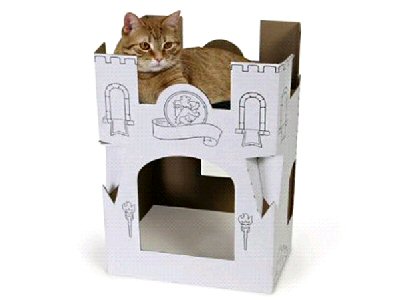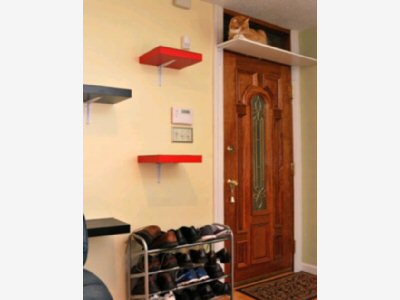Willett House Pet Solutions: Behavioural Problems in Cats
Urine marking is a common behavioural problem in cats. However, with a few simple changes, owners can improve their pet’s wellbeing and therefore solve the unpleasant problem of urine marking.
Cats generally urine mark as a result of, what they feel, is an inadequate territory. In the eyes of a cat, his home is his castle. This home should therefore be as safe and luxurious as possible and free from the threat of other cats. If a cat feels that their home does not provide enough resources such as food, water, litter trays, toys, hiding places and comfortable sleeping spots or they feel under threat from another cat in the house, they may decide that they need to mark the territory as their own.
Cats are very solitary animals. They don’t usually like the company of other cats because they would prefer to keep their home, its contents, and their owner to themselves. It is possible to keep more than one cat in your home. However, you must give them each their own castle. This will help to make your cats feel secure and will therefore reduce the chances of urine-marking.
Ideally, to promote a healthy, happy, stress-free cat, they should be provided wit the following:
- Cats need lots of space inside the house. Ideally, cats should be given access to the outside world to allow them to climb and hunt.
- Bowls for food and water should be placed, whenever possible, in different places. It’s worth remembering that your cat will consider that its water is contaminated if it is placed beside food!
- Each cat needs its own litter tray. As important as the number is the positioning, they should be separated into different rooms and away from the beady eyes of other cats (in or outside the house).
- Cats develop a preference for a litter type at a very young age. Changing this can cause stress and make it more likely for your cat to reject its tray and seek another site. And make sure that you are leaving enough litter for an least an inch of depth at every change.
- Regular cleaning and changing of trays is essential. You should aim to remove any faeces or clumps of wet litter from your cat’s tray, daily, and also carry out a thorough clean and wash each week. You should change to completely new trays yearly to limit the build-up of scents in the plastic.
- Hiding or resting and sleeping places are essential. Each cat needs individual spaces to watch and rest. Boxes, shelves, even the laundry basket can provide a safe space for your cat.
- Toys, games and attention are also very important. Your cat needs to spend time with you on a daily basis playing hunting games, grooming and a fuss (when your cat approves). Most cats will let you know when they would like your attention!
Contact Willett House veterinary nurse Gemma for any further information regarding feline behavioural problems.


